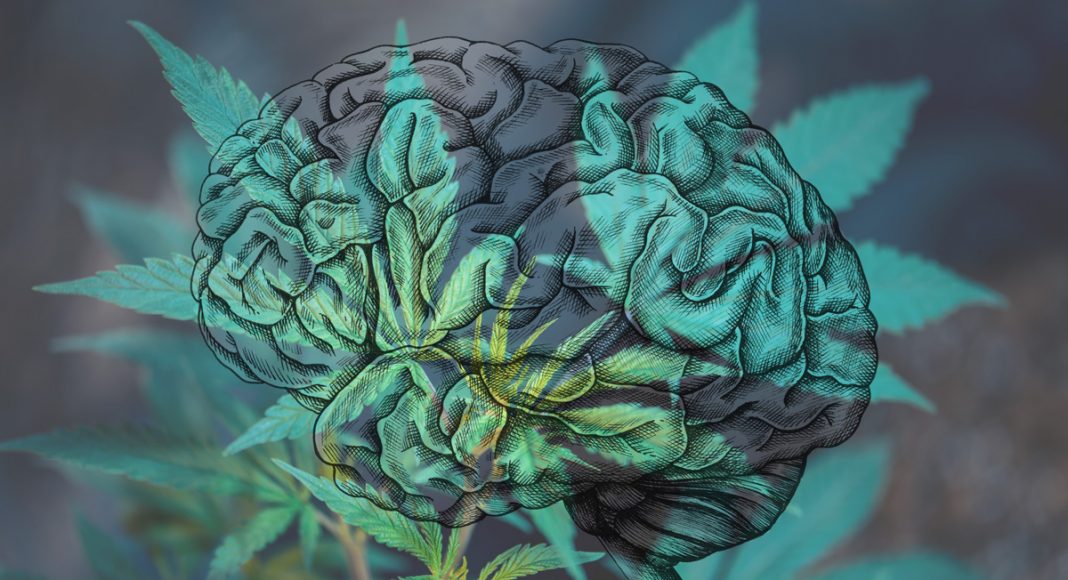During the 2019 Cultivation Classic, Dr. Ethan Russo of the International Cannabis and Cannabinoids Institute presented his latest research findings on cannabis and traumatic brain injury.
Conventional wisdom is that if the symptoms persist for a year, the symptoms will be present. But as Dr. Russo illustrated during his talk, this conventional wisdom is not always the case and certain things can be done. This includes some promising research into the role cannabis can play in recovery from traumatic brain injuries.
THC and CBD As Recovery Agents
Both THC and CBD are neuroprotective antioxidants, which Dr. Russo observes is a fancy way of saying they help reduce the effects brain damage whether due to trauma or things like strokes or other disease. An antioxidant is something that prevents rust. And according to Dr. Russo, “rust in the brain means deterioration in the brain structures.”
RELATED: Cannabis: Optimal Treatment Method For Post-Concussion Syndrome Symptoms
Glutamine is a neurotransmitter that produces an over abundance of glutamine following a head injury that produces glutamate excitotoxicity whereby the cells stimulate themselves to death. This can lead to a neuronal demise after a traumatic brain injury. In Dr. Russo’s research, he’s observed that CBD and THC may help prevent glutamate excitotoxicity. Also, THC and CBD, have been extremely helpful in treatment of chronic traumatic encephalopathy (CTI) symptoms experienced by football players and anyone else engaged in contact sports.
Using Cannabis to Treat Concussions
While one should consult with their personal medical provider before beginning any regime, Dr. Russo offered these overall guidelines for those looking to treat a conclusion with cannabis.
If one choose to inhale cannabis via smoking or vaping, tiny doses should be utilized sequentially with 10 to15 minute pauses. This should help lift “brain fog or allay symptoms such as headache or dizziness. For chronic problems, oral administration of low doses via capsules or tinctures are preferable.
RELATED: How Marijuana Can Help Those With Traumatic Brain Injury
While THC-predominant chemovars can be very effective, in Dr. Russo’s practice, what would be more appropriate would be Type II or III chemovars with low THC and high CBD. In those tepenes that are proven to be particularly effective α-pinene-inene is helpful to reduce SIN- and cognitive impairment; limonene will elevate mood; and carvophyllene will reduce pain and inflammation.
In addition to cannabis, other natural treatments recommended by Dr. Russo include ginkgo biloba, ginger, and chelated agnesium. Other existing treatments for concussions include rest, avoidance of excessive light, avoidance of alcohol, the low resumption of aerobic activity as tolerated, and antidepressants (SSRIs et al). As Dr. Russo notes, the success of these approaches is variable at best.


